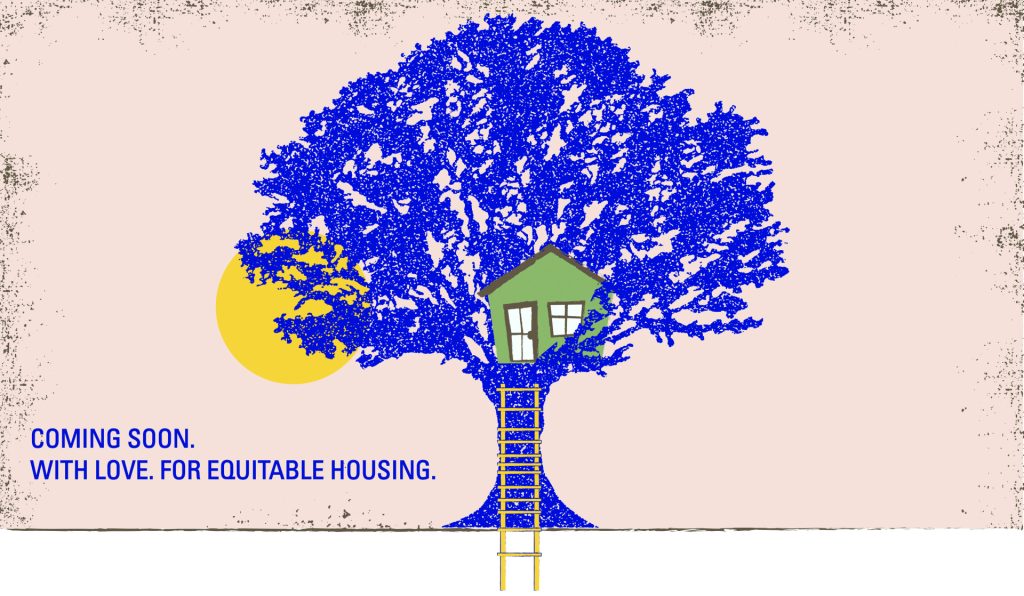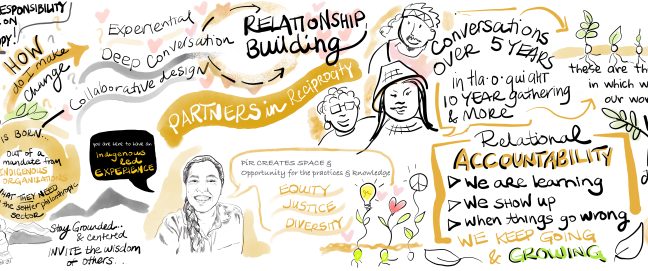Decolonising attitudes towards philanthropy needs more than a change of practitioner. It needs a thoroughgoing change of practice
Philanthropy in the Middle East has grown against a backdrop of institutionalised humanitarian aid in chronic conflict zones with deep-rooted needs. This aid, largely driven by northern models of donor-led decision-making, has crowded out risk appetite, innovation and the ownership of communities, citizens and even governments.
For many corporate sustainability initiatives, it is considered less risky to blindly give away a percentage of profits to an international aid agency, while government development funds and private philanthropic organisations see it as more innovative to adopt a framework used by international not-for-profits, than to invest in grounded – and less costly – local models. It is easier to let our regional problems be resolved by institutions with far greater brand power and budgets, than by the shy capital of a single visionary or a humble crowdfunded effort among friends. Strikingly, whilst billions of dollars (for unfortunately, we must speak in metaphorical terms due to the dearth of data and transparency) have been spent in the Middle East, we have little high quality and public literature, reporting, and data sets to show for it.
 Credit: The Zovighian Partnership
Credit: The Zovighian Partnership
Subscribe now from only £45 a year!
This article is only available for our subscribers
Existing users can login here


